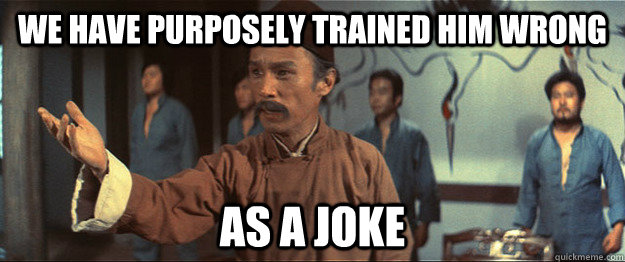ConfusedL1 wrote:Thanks all. This was helpful. There was some term confusion, but that's because I got lazy and assumed people would know what I was talking about from other posts in the thread. Let me try and state my question as clearly as I can:
Let's say we have a discrimination case where some sort of evidentiary support of showing intent is necessary to make a claim. At the trial level, Defendant make a MSJ and the court says "Sounds good. D shows no genuine issue of material fact, and P just doesn't have enough to meet their evidentiary burden."
In appealing this, would P effectively just be making its best argument for why the lower court erred by trying to say:
- Hey! there are genuine issues of material fact that support our case. They're a,b,c
- Plus, there is circumstantial evidence not in dispute and ignored in the opinion that really does support a reasonable jury inference for our case (timing, behavior, etc.)
- Plus, D's factual claims are not good because they have inconsistencies/don't reasonably add. Because that may speak to credibility and an inference for us, a jury should hear this case.
Would the second two of those be relevant? In an appeal reviewed de novo, wouldn't P be arguing all of those? I guess my issue here is how to use things that AREN'T in dispute. Since it's de novo, does dispute even matter anymore?
P would probably say:
1) the facts are undisputed and they prove that what I say happened, happened, and based on those facts, the court should have granted me SJ because under the law those undisputed facts prove discrimination
2) in the alternative, SJ was inappropriate because there are genuine disputes of material fact (it doesn't matter who they support; there just has to be some kind of factual dispute that a jury has to resolve, not the court), and I submitted enough evidence that a reasonable jury could find that what I say happened, happened (P could use whatever evidence has been properly submitted in support/opposition to the MSJ).
3) in the alternative, even if the facts are undisputed in D's favor (that is, what D says happened is actually what happened), the court still got the law wrong and under the law, even with those facts, we still win.
Say P is a Jehovah's Witness and is claiming he got fired b/c he's a JW. His statement of facts in his complaint is, "I told my boss I was JW and he fired me 2 days later with no other reason." D files for SJ, saying "1) P never told the boss he was JW and the boss didn't even know he was JW [factual dispute] 2) P got fired because he was late 17 times in the previous month [factual dispute], and 3) even if the boss knew and fired him 2 days later, that's not enough to prove discriminatory intent [legal argument]."
Likelihood of success depends on what evidence P and D offer. If P says "I told my boss I was JW and here's an affidavit from my best friend who was there when I told him," and D says, "Here's an affidavit from boss saying P never told him," that would likely be a factual dispute the jury has to resolve - P has a witness and D doesn't, but P's witness is his best buddy who might be willing to lie for him, so it could kind of go either way - you need a jury to judge the witness' credibility and decide who's telling the truth.
However, if P says, "I told my boss and here's the e-mail chain in which I told him and he wrote back acknowledging that he knew and here's the affidavit from a computer expert explaining why these e-mails are legit/couldn't be faked," and D has nothing but the boss's word, the court might conclude there's no genuine issue of fact because no reasonable juror could find that P didn't tell D/D didn't know.
On the other hand, if P says, "I told my boss on date X at location Y," and D says, "here are sworn affidavits from 40 people who saw me give a speech at an awards dinner at the exact time P says he told me, 1000 miles away from location Y," the court might conclude there's no genuine issue of fact because no reasonable juror could believe P.
So the court would do this kind of analysis for each fact that matters to the outcome of the case. To grant SJ for D, the court would have to look at both of their statements of fact, and either decide that P's facts are actually the same as D's, or that where they differ, no reasonable person could believe P's version. Then the court would then find that under the facts that remain, under the law, D's actions weren't discrimination.
If the court grants SJ for D, P could appeal by saying, "the court was wrong because there are disputed facts all over the place." He could do that by saying "my evidence really was good enough to prove the boss knew," or by saying, "the 40 sworn affidavits aren't enough to overcome my version [for reasons - they're unsigned, it's the wrong date, the affiants are all convicted felons, whatever]." He's saying "we have to go to trial because only the jury can figure out what happened." Of course, the court may have concluded that P's version of facts is correct, but that under the law even those facts can't prove P's claim. Then P would say, "the court got the law wrong because." (He'd probably argue both.)
